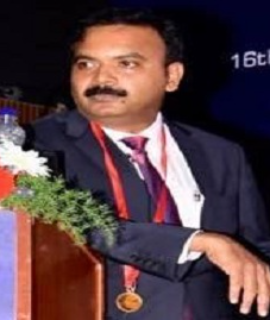Abstract:
Screen time and screen use are normal parts of life for most children and teenagers. The time the child spends watching TV and use computers, gaming consoles, tablets and smartphones can be part of a healthy lifestyle. But what matters is where the child can use screens? when the child can use screens? and how the child can use screens?
Digital technology has become a modern-day pacifier. Regular classes go online and has become the new normal. There is a shift from text books to digital technology for school children. Internet addiction is a growing epidemic among children and adolescents and is sometimes called ‘Digital Heroin’.
Healthy media usage promotes learning, creativity, social interaction and holistic wellness whereas unhealthy media usage affects physical, psychological, social, and academic wellbeing of a child.
With the explosion of the internet and social media along with the rise in smartphones, tablets, and greater online academic involvement, the 2-hour rule has become much more challenging to implement. Now, it is clear that the "one size fits all" approach to media is not effective for guiding parents, teachers and health care providers.
Too much screen time could interfere the way the children experience our three-dimensional world. They can learn new words from tablets but they have problem applying this knowledge in real life situations. Children can learn a new word better in person or over an interactive video call, compared to watching the same word said passively on a screen. Interactive screen time, like video calls with relatives, being read a story remotely or watching shows while engaging with the children in the process, can be beneficial precisely because of this interactive nature. Current research also suggests that blue light emitted from screens negatively impacts patterns of sleep by suppressing endogenous melatonin.
Parents should act as a role model for healthy media use and implement digital rules, digital hygiene, and nurture responsible digital citizenship.




